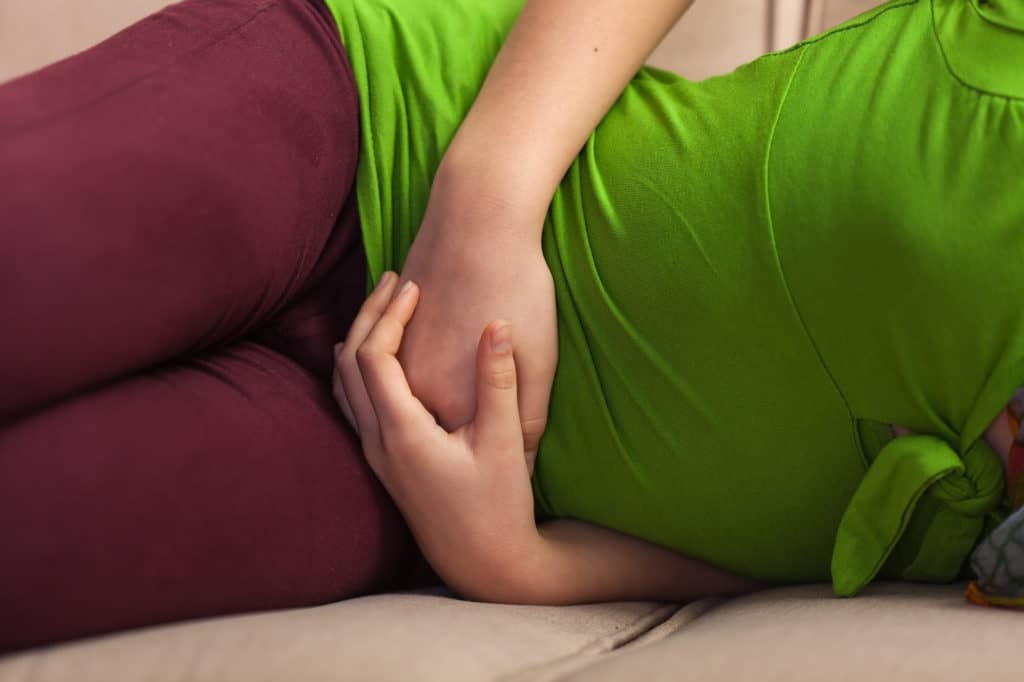
When women report lower abdominal pain, they sometimes describe it as an ache or cramps in the lower belly.
In practice, lower abdominal pain is pain that occurs explicitly anywhere between the belly button and the pelvis.
Generally, the pain subsides over time, with most of the reasons for lower abdominal pain turning out to be nothing serious – although most definitely uncomfortable.
In women, the most common causes of lower abdominal pain are urinary tract infections (UTIs), trapped gas, period, ovulation, or menopause-related pain.
But if you have pain that lingers for more than a couple of days and the symptoms don't appear to be subsiding, you must consult a physical therapist to find and treat the root cause.
However, suppose you experience sudden and intense lower abdominal pain. In that case, it is crucial to visit the Emergency Room or consult a doctor immediately.
In rare cases, lower abdominal pain could pose a severe health risk and require immediate medical care.
More Blogs From Nancy Branberg
Can Sexually Transmitted Infections Cause Pelvic Problems?
Salem Witch Trials: Historical Demonization Of The Female Body
How Pelvic Organ Prolapse Can Affect Your Relationship
When To Seek Urgent Help
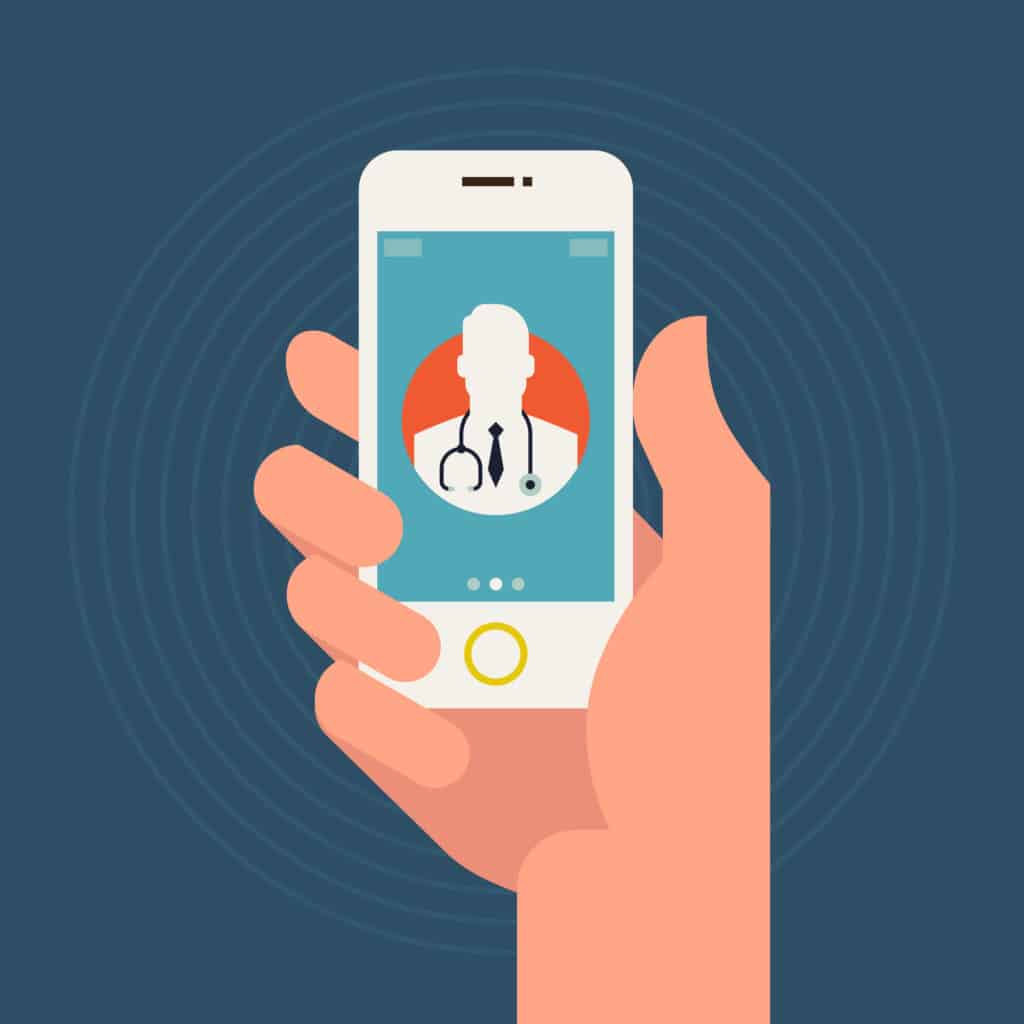
Severe lower abdominal pain could be caused by:
Appendicitis: In this condition, the pain starts around the belly button and travels across to the lower part of the stomach, where the appendix is.
The onset of pain can be sudden, which is more noticeable while moving or taking deep breaths. It could also disturb sleep. Mostly the pain is intense and can worsen within a couple of hours.
While this is the primary symptom, there may also be additional symptoms like:
Kidney stones: Another cause of pain in the lower abdomen may be kidney stones which cause sharp pain at the side or back that shifts to the lower abdomen. The pain increases and decreases in intensity. Additional symptoms are:
Other Potential Causes Of Lower Abdominal Pain
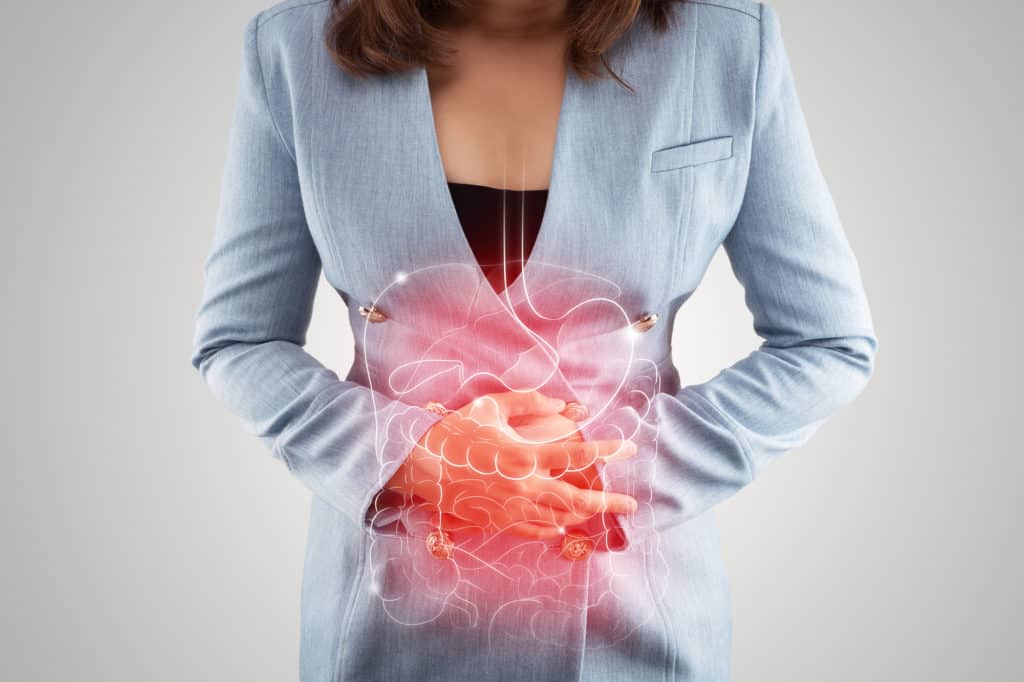
Diverticulitis: This condition results in the formation of small pouches in the weaker sections of the colon wall. It can lead to sudden intense pain in the lower abdomen that rises and ebbs over time. Mainly the pain occurs in the left side of the lower abdomen. Other symptoms are:
Gastroenteritis: A stomach and bowel infection known as gastroenteritis can sometimes cause severe pain in the lower abdomen. In most cases, it is not serious, although you must remain well-hydrated to avoid dehydration. Gastroenteritis symptoms include:
Ulcerative colitis: Like Crohn’s disease, ulcerative colitis is an inflammatory bowel disease (IBD) that causes pain in the lower abdomen. In this condition, the immune system attacks the colon. While the symptoms vary between individuals, the severity may also differ and come and go from time to time. Apart from pain in the abdomen, other symptoms include:
Flatulence: Flatulence might seem like an unlikely cause of lower abdominal pain, but a bloated feeling accompanied by abdominal pain could be due to trapped gas.
Flatulence is quite common and not a serious condition. If you experience bloating pain, ask a healthcare service provider or pharmacist for OTC medication to relieve the symptoms.
If the pain is persistent and does not improve with medication, you should consult with a physical therapist.
Medication: In some cases, medicines can cause side effects such as increased pain in the lower abdomen. These include the following:
What Causes Chronic Lower Abdominal Pain?
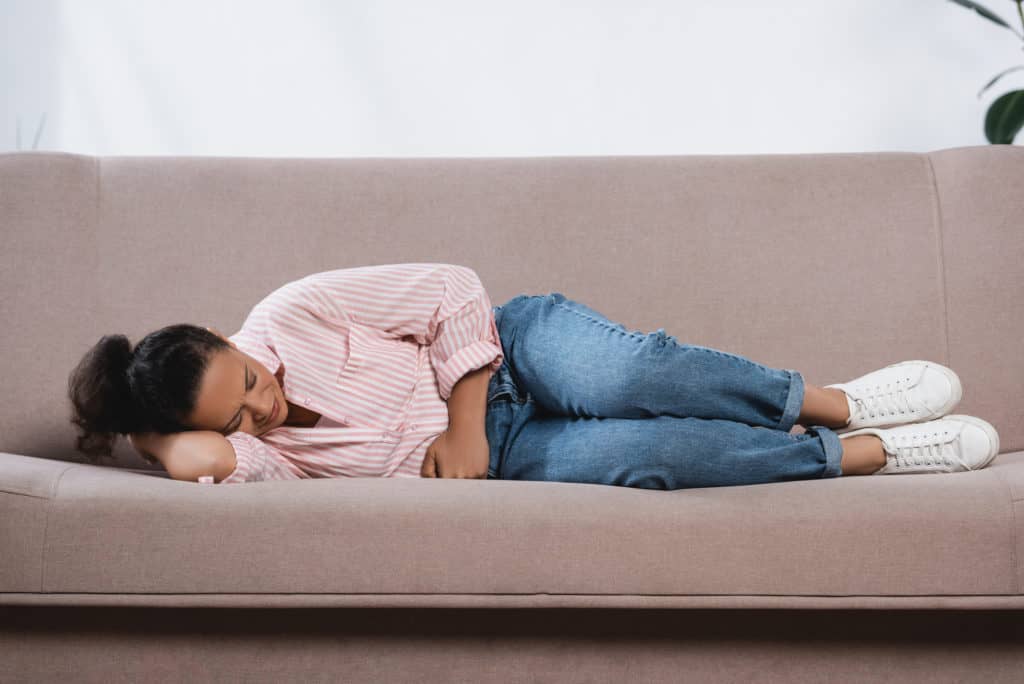
If lower abdominal pain becomes chronic and does not respond to treatment, it's essential to seek help to prevent more severe problems from developing.
Some of the common reasons for long-term pain in the lower abdomen are:
Lower Abdominal Pain: In Pregnancy
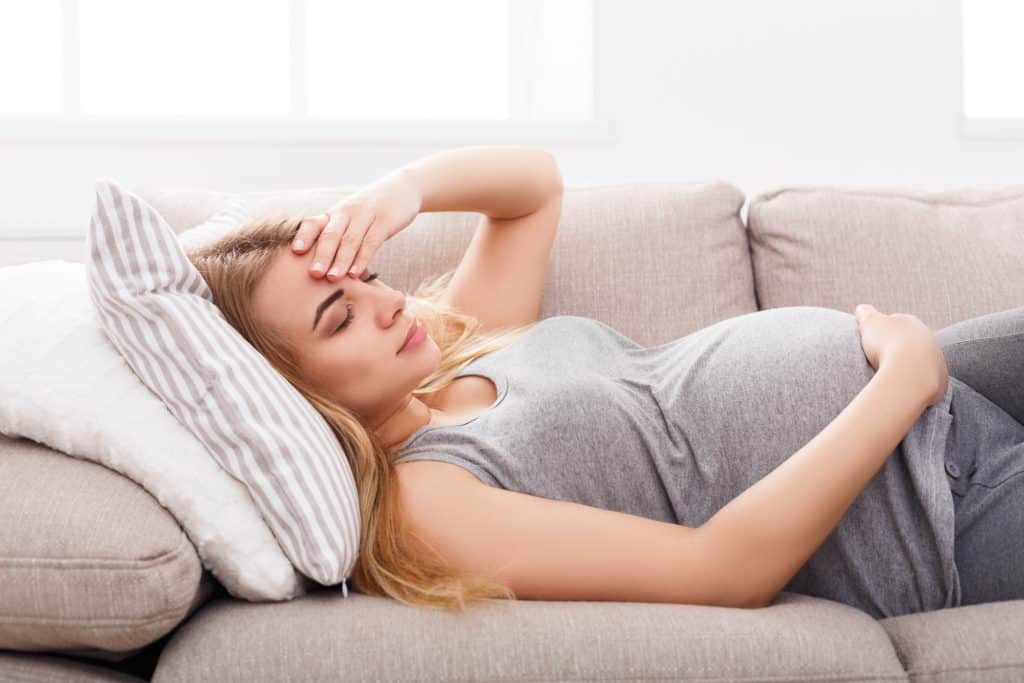
In pregnant women having pain in the lower abdomen could be due to ectopic pregnancy, which occurs when the embryo develops and implants outside the uterus.
Women with an ectopic pregnancy might experience intense pain in the lower abdomen or on a particular side. Similarly, another reason for lower abdomen pain can be preterm labor.
In this condition, a woman enters labor in the 37th week or earlier, which could lead to cramps and contractions.
Pregnant women are more prone to experiencing common causes of pain in the lower abdomen, like constipation and trapped gas. If the symptoms appear severe, it is best to seek medical help without delay.
Treating Lower Abdominal Pain
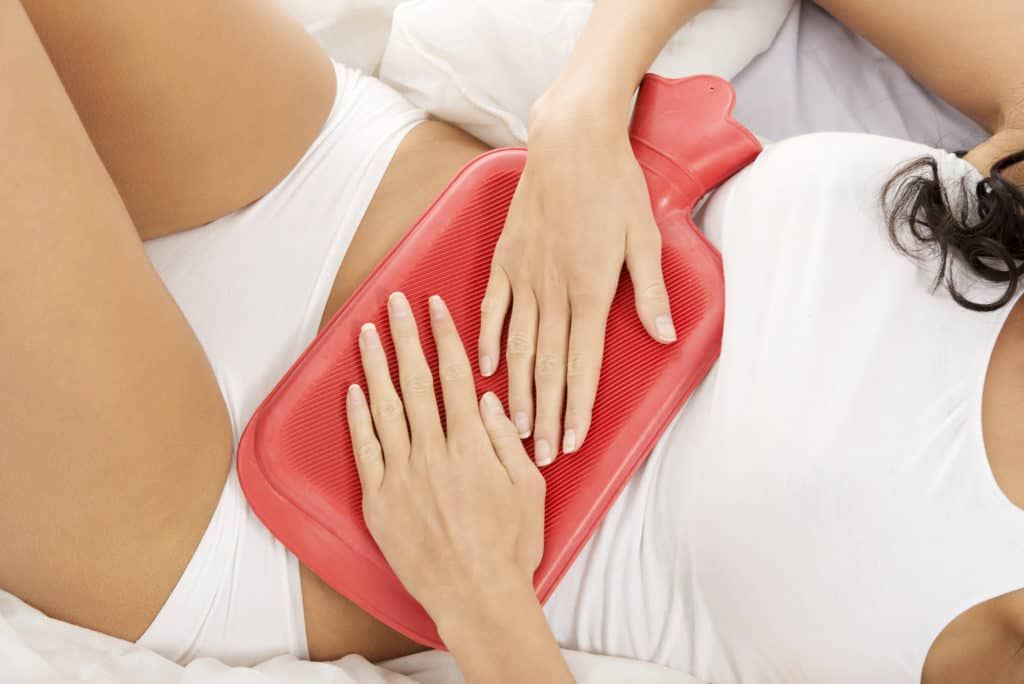
There is no set treatment for lower abdominal pain. The treatment depends on the root cause, so it's essential to consult with a physical therapist to find out what is causing your pain. But in the meantime, there are certain things you can do to reduce your pain, such as:
Over-the-counter Pain Relief: Though it’s unlikely that the pain will subside completely with pain relief, painkillers should ease the discomfort until you can see a physical therapist. Antacids can also be effective in reducing pain in the lower abdomen.
Fluids: Drinking plenty of fluids should help to ease lower abdominal pain. These should be clear fluids, such as water. Again, this is unlikely to resolve your pain entirely, but staying hydration can reduce pain levels.
Fasting: In some cases, with the support of your doctor, it can be helpful to fast for short periods until they get to the bottom of what is causing your lower abdominal pain, which means limiting food and drink intake. This gives the lower abdomen time to rest.
Warmth: Placing a hot water bottle on your lower abdomen can sometimes help to ease pain, as can soaking in a warm bath.
Eliminating Foods: If you believe certain foods are causing lower abdominal pain, these should be eliminated. It could be that these foods are causing painful gas and indigestion. For example, the BRAT diet is often recommended for lower abdominal pain, which includes eating a very simple and bland diet. It consists of bananas, rice, applesauce, and toast.
Rest: One of the best things you can do for lower abdominal pain is to get a lot of rest. When resting, the body has time to heal and correct physical problems. But don’t stay inactive for too long. It’s also important for chronic pain to keep the body moving.
Alcohol and Caffeine: Reducing coffee, tea, and alcohol consumption can help ease lower abdominal pain, as these can worsen the pain.
Home Remedies: A handful of home remedies may reduce lower abdominal pain. For example, ginger helps with indigestion, and licorice helps to relieve gas. In addition, Peppermint can help to relax intestinal muscles.
Lifestyle: Eating enough fiber and regular exercise can make a big difference, as this helps prevent constipation and keep your bowels working as they should. Drinking enough water while avoiding too many carbonated drinks can also help reduce bloating.
If your lower abdominal pain does not subside after trying some of these techniques, you should consult with a physical therapist for help.
We can identify the cause of your pain and rectify the problem quickly. We can also help you to prevent the pain from returning in the future.
You can book a free consultation here if you would like our help to fix lower abdominal pain.
Lower Abdominal Pain: When To Call A Doctor
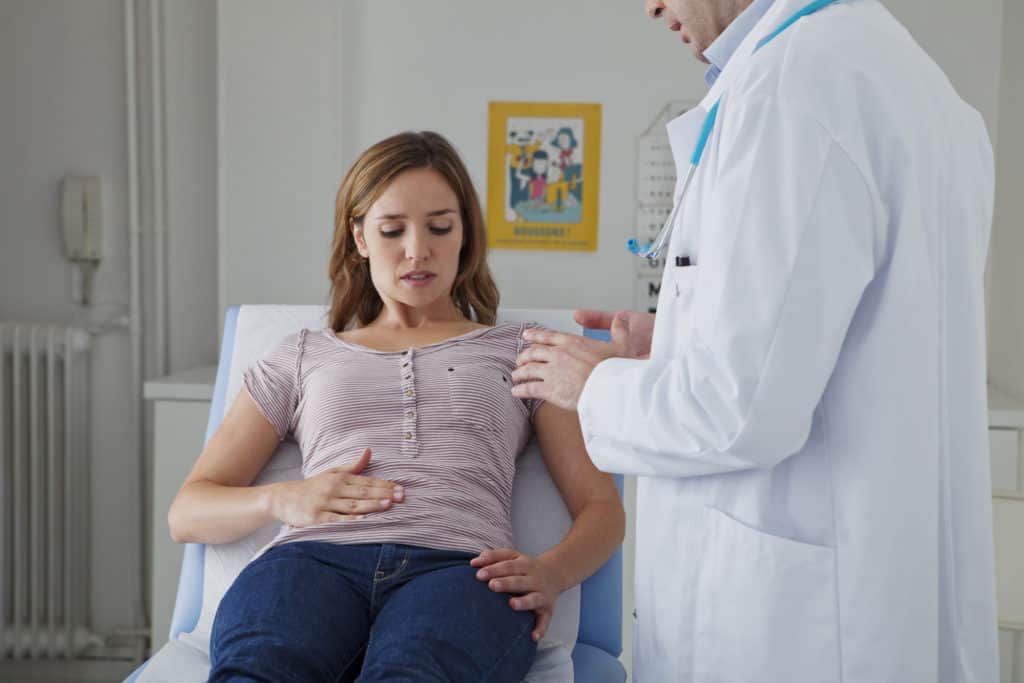
There are certain medical situations when lower abdomen pain poses a severe health risk and needs immediate medical attention without delay. Some of the severe symptoms that warrant immediate medical care are:
If you're worried about your abdominal pain or just want some to talk to that will actually listen, give us a call.


